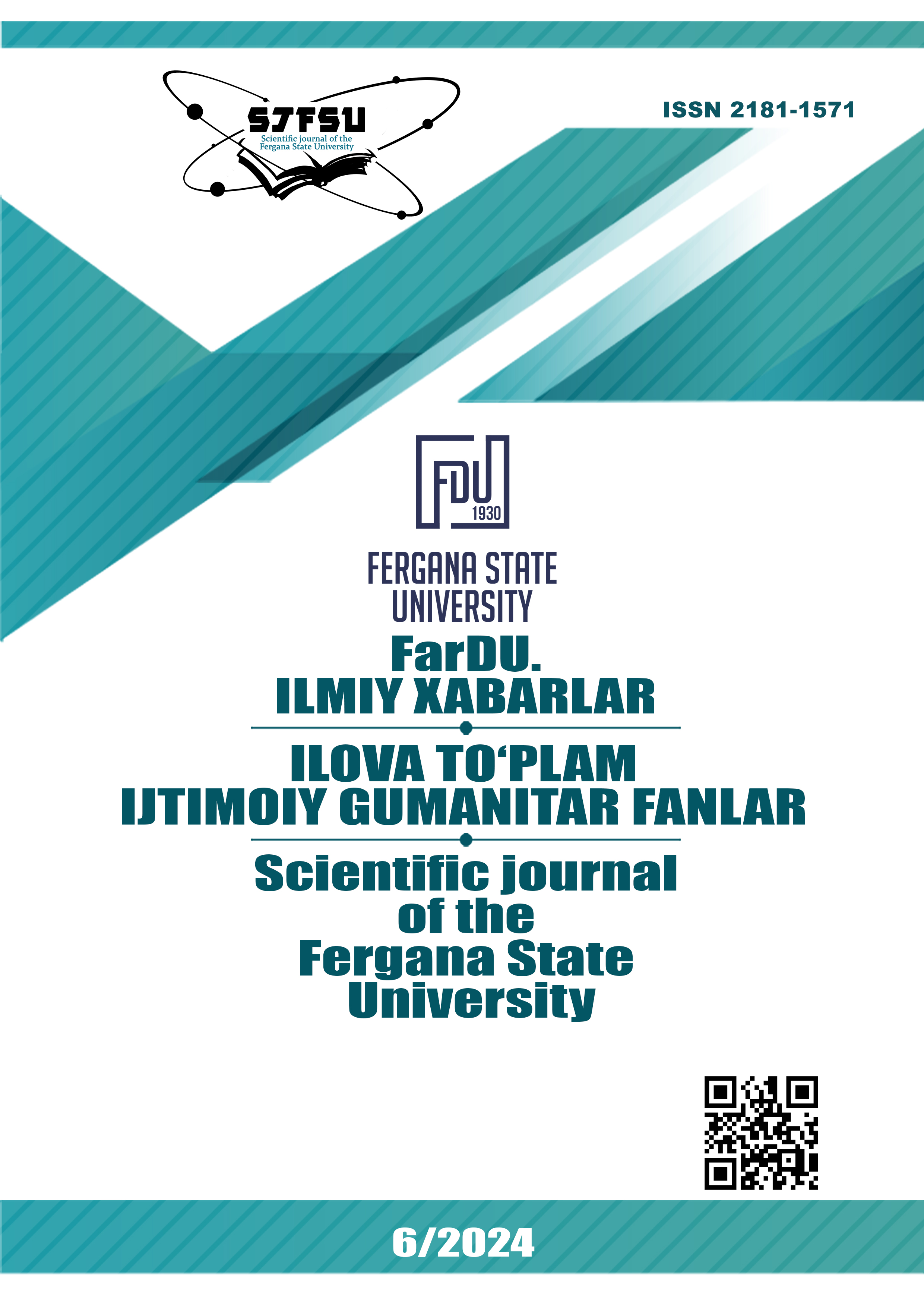MODERN APPROACHES TO THE STUDY OF COGNITIVE UNITS OF THE INTERNET LANGUAGE
Keywords:
cognitive units, language, Internet, linguoculturology, cognitive approach, semantics, speech meaning.Abstract
The article analyzes modern approaches to the study of cognitive units of language in the context of the Internet. Special attention is paid to the interaction of language and non-linguistic reality, which is typical for modern word semantics. The linguocultural approach emphasizes the anthropocentric and national-specific nature of language, whereas the cognitive approach seeks to integrate language into the general system of human cognitive mechanisms. The study also examines the communicatively significant components of knowledge that are involved in the speech meaning of language units through the situation and context, although they are not included in their systemic content. The Internet as a new medium of communication creates additional opportunities for studying these phenomena, contributing to a deep understanding of the processes of transformation of linguistic meanings and cognitive mechanisms in digital reality.
References
Ангелова М.М. «Концепт» в современной лингвокультурологии / М.М. Ангелова // Актуальные проблемы английской лингвистики и лингводидактики. Сборник научных трудов. Выпуск 3. - М., 2004. - С. 3-10.
Апресян Ю.Д. Отечественная теоретическая семантика в конце ХХ столетия // Известия АН России СЛЯ. - 1999. - т.58. - № 4. С. 50.
Арнольд И. В. Основы научных исследований в лингвистике: Учеб. пособие. — М.: Высш. шк., 1991. — 140 с.
Бодуэн де Куртенэ И.А. Избранные труды по общему языкознанию. - М., 1963. Т.2. – С.79
Кацнельсон С.Д. Типология языка и речевое мышление. - Л., 1972. - С.131-132.
Маслова В.А. Когнитивная лингвистика - Минск: ТетраСистемс, 2004. С.294
Никитин М.В. Лексическое значение слова. - М., 1983. – С.27
Никитин М.В. Основания когнитивной семантики. Учебное пособие (гриф УМО) — СПб, Изд-во РГПУ им. А. И. Герцена, 2003.- 277 с.
Очерки по когнитивной лингвистике. — Воронеж, 2001 (в соавт. с З. Д. Поповой) – 189 с.
Потебня А.А. Из записок по русской грамматике. - М., 1968. – 550 с.
Васильев Л.М. Современная лингвистическая семантика. - М., 1990. – С.90
Леннеберг Э. Биологические фонды языка. Нью-Йорк: John Wiley & Sons, 1967. ISBN 0-471-52626-6
Вежбицкая А. Язык. Культура. Познание. - М., Русские словари, 1996. С.21
Алефиренко, Н. Ф. Проблемы вербализации концепта : Теоретическое исследование. - Волгоград : Перемена, 2003. - 214 с.
Downloads
Published
Issue
Section
License
Copyright (c) 2025 Scientific journal of the Fergana State University

This work is licensed under a Creative Commons Attribution-NonCommercial-NoDerivatives 4.0 International License.

